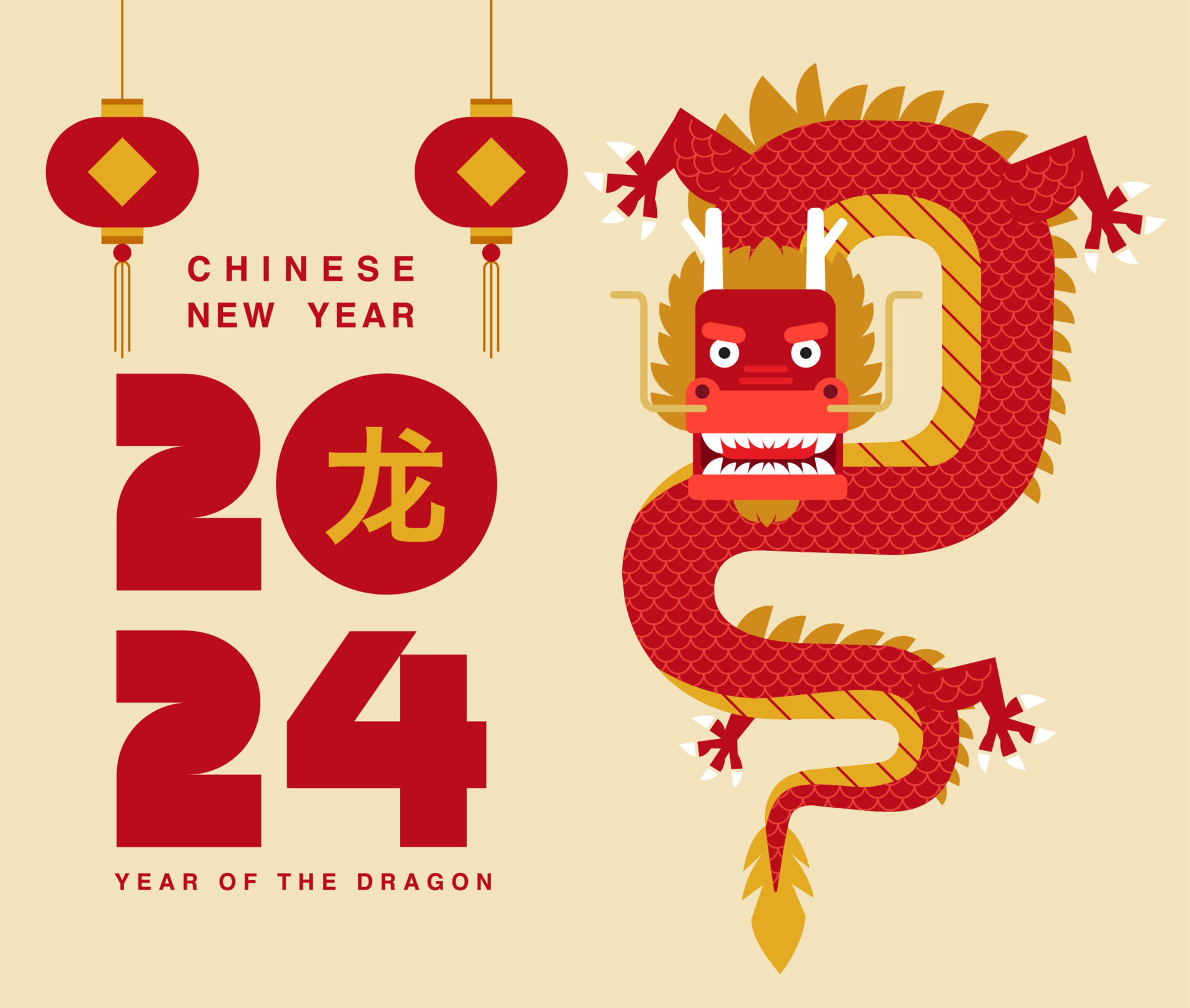Understanding The Timing And Significance Of The Lunar New Year
The Lunar New Year, celebrated by millions around the globe, marks the beginning of a new lunar calendar year. This vibrant festival is steeped in tradition and culture, bringing families together to honor their heritage and welcome new beginnings. Unlike the Gregorian calendar, which is based on the solar cycle, the Lunar New Year varies each year, typically falling between January 21 and February 20. As we dive into the details of when the Lunar New Year occurs, we will also explore its significance, traditions, and how it is celebrated across different cultures.
With its rich history and diverse customs, the Lunar New Year is not just a time for festivities; it’s also an opportunity for reflection and reunion. Families gather to share meals, exchange gifts, and partake in various rituals intended to bring good fortune for the year ahead. Understanding when the Lunar New Year falls can help individuals and families prepare for the celebrations and embrace the spirit of renewal that this holiday embodies.
As we explore the question of when is the Lunar New Year, we will also delve into the various ways it is celebrated in different countries, the symbolism behind traditional customs, and the significance of the zodiac animals that represent each lunar year. Join us as we embark on this enlightening journey through time and culture.
When is the Lunar New Year Celebrated?
The date of the Lunar New Year changes every year, as it is based on the lunar calendar. It typically falls on the second new moon after the winter solstice. Here are some key points about when the Lunar New Year is celebrated:
- The Lunar New Year can occur between January 21 and February 20.
- The specific date is determined by the lunar cycle, making it different each year.
- In 2024, the Lunar New Year will be celebrated on February 10.
- In 2025, it will fall on January 29.
Why is the Lunar New Year Important?
The significance of the Lunar New Year extends beyond mere celebration. It is a time for cultural reflection, honoring ancestors, and wishing for prosperity in the upcoming year. Here are a few reasons why this holiday is so important:
- It symbolizes new beginnings and the opportunity to start afresh.
- It serves as a reminder of family values and the importance of unity.
- It provides a chance to celebrate cultural heritage and traditions.
- It is often associated with various rituals that invite good luck and fortune.
What Traditions are Associated with the Lunar New Year?
Traditions associated with the Lunar New Year vary across cultures, but some common practices include:
- Cleaning the home to sweep away bad luck and make way for good fortune.
- Preparing special meals, often featuring symbolic foods.
- Exchanging red envelopes filled with money for good luck.
- Setting off fireworks to ward off evil spirits.
How Do Different Cultures Celebrate the Lunar New Year?
While the Lunar New Year is celebrated widely in many Asian countries, the traditions and customs can differ significantly. Here’s a look at how some cultures celebrate:
- China: The most recognized celebration includes family reunions, dragon dances, and lantern festivals.
- Vietnam: Known as Tết, this celebration emphasizes paying respects to ancestors and enjoying traditional foods.
- Korea: Seollal involves ancestral rites and playing traditional games.
- Singapore: The celebration includes street parades, cultural performances, and festive markets.
What Are the Zodiac Animals?
Each Lunar New Year is associated with a specific zodiac animal, which plays a significant role in the celebrations. The twelve animals in the Chinese zodiac are:
- Rat
- Ox
- Tiger
- Rabbit
- Dragon
- Snake
- Horse
- Goat
- Monkey
- Rooster
- Dog
- Pig
How is the Lunar New Year Celebrated Around the World?
As the Lunar New Year has gained global recognition, many cities around the world host vibrant celebrations that reflect the diversity of cultures celebrating this holiday. Major cities such as:
- San Francisco, USA - Known for its grand parade and fireworks.
- London, UK - Hosts a large celebration in Chinatown.
- Sydney, Australia - Features a series of cultural events and festivities.
- Paris, France - Celebrates with street festivals and traditional performances.
Conclusion: When is the Lunar New Year and Why Does It Matter?
Understanding when the Lunar New Year occurs is essential for those looking to participate in the celebrations or honor their cultural heritage. This holiday not only marks a new beginning but also serves as a reminder of the values of family, unity, and respect for traditions. As we look forward to the upcoming Lunar New Year, let us embrace the spirit of renewal and hope that this festive occasion brings.
In summary, the Lunar New Year is a significant event that varies each year, typically occurring between January 21 and February 20. With its rich traditions, diverse celebrations, and cultural importance, the Lunar New Year continues to be an integral part of the lives of millions around the world.
Emilio Estevez's Romantic Journey: Who Is His Girlfriend In 2024?
When Did Whitney Houston And Bobby Brown Meet? A Journey Through Their Relationship
Unveiling The Life And Legacy Of Kennedy Gordy


